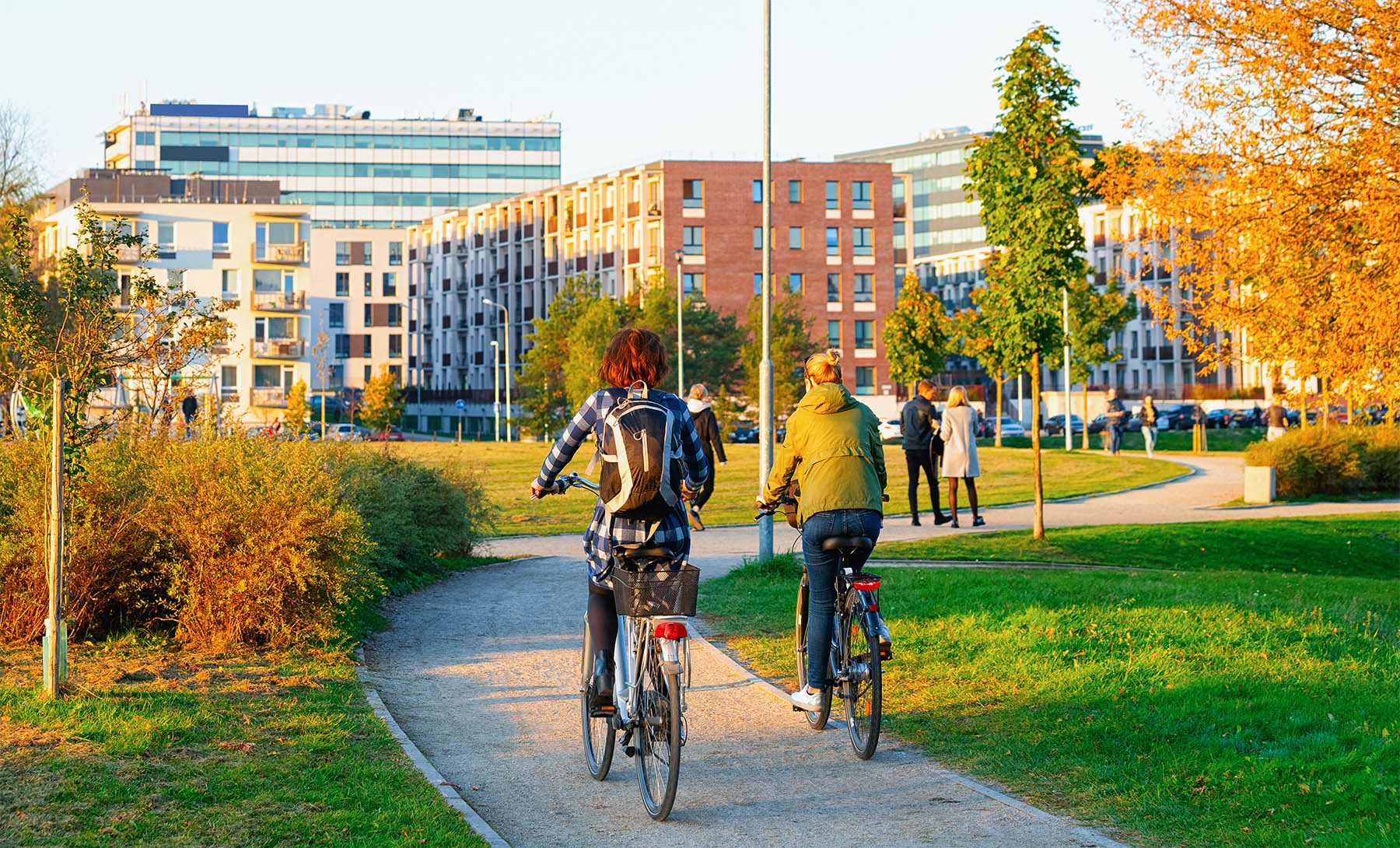This exploratory study examined the benefits of participating in a three-week, multi-state bicycling trip for eight adolescents who participated in a first-generation, college-bound program. The primary purpose of this study was to explore participants’ perceptions of their own resilience, independence, responsibility, and problem-solving and to identify elements of the program that help facilitate the development of these outcomes. Analysis of focus group comments six weeks post experience suggests a cyclical experiential learning model exemplifying the effects of participation, feedback, and reflection on participants’ acceptance of challenge and the process needed to support it. Application of the characteristics described within the model as they apply to first-generation, college-bound student success is provided.
Explorescholarly articles
An Exploratory Study of the Benefits of a Three- Week Cycling Expedition for Potential First-Generation, College-Bound Students
Related Stories

Data, Assessment, & Evaluation
Staff Perceptions of First-in-Family Students in Higher Education: A Case Study of a Belgian College

Access and Persistence
“I Wasn’t Supposed to Be There”: Examining the Experiences of First-Generation Women of Color in Undergraduate STEM Majors

Data, Assessment, & Evaluation
